If you're like most people, you probably don't give much thought to the ingredients in your skin care products. But maybe you should start. Why? Because many common ingredients in skin care products, including parabens, have a whole lot of unknowns with them.
Q: Why Are Parabens Bad?
A: Parabens are synthetic chemicals that are commonly used as preservatives in skin care products. They're cheap and they do a good job of preventing the growth of bacteria, mold, and yeast. However, parabens could be hormone disruptors. That means they can potentially interfere with the normal functioning of your hormones.
In addition, studies have been conducted to identify if paraben usage could be linked to cancer and other health problems. There's so much up in the air about this ingredient that we're left to wonder....why bother. There are plenty of safe, natural preservatives alternatives to parabens that work just as well (if not better).
So why are parabens still being used in skin care products? The answer is simple: because they're cheap and they work. But just because something is cheap and works doesn't mean it's the best option for your skin. So next time you're shopping for skin care products, make sure to check the ingredient list and try to opt for a natural alternative like radish root ferment filtrate.
Want to read more about parabens? Check out our more comprehensive blog post here.
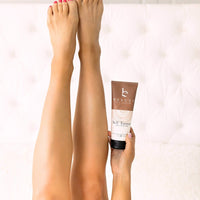
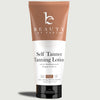
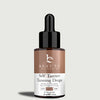
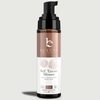
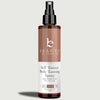
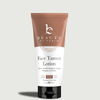
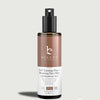
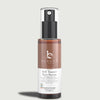
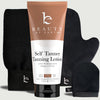
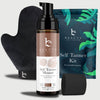

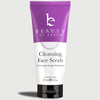
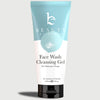

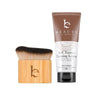









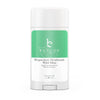
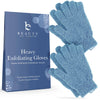






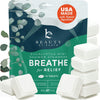
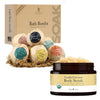
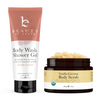
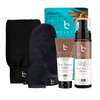


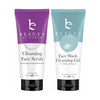


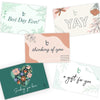

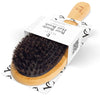
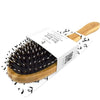
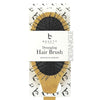
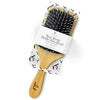

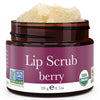
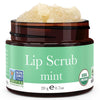
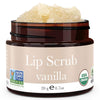













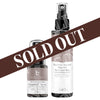


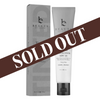
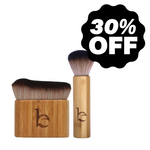
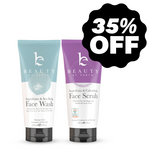














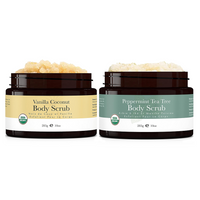
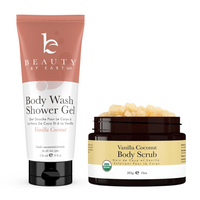
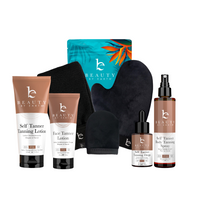

join the conversation
Thanks for the info. I didn’t know they were that bad for you. I guess it makes sense now when I see the “no parabens” stickers on bottles…